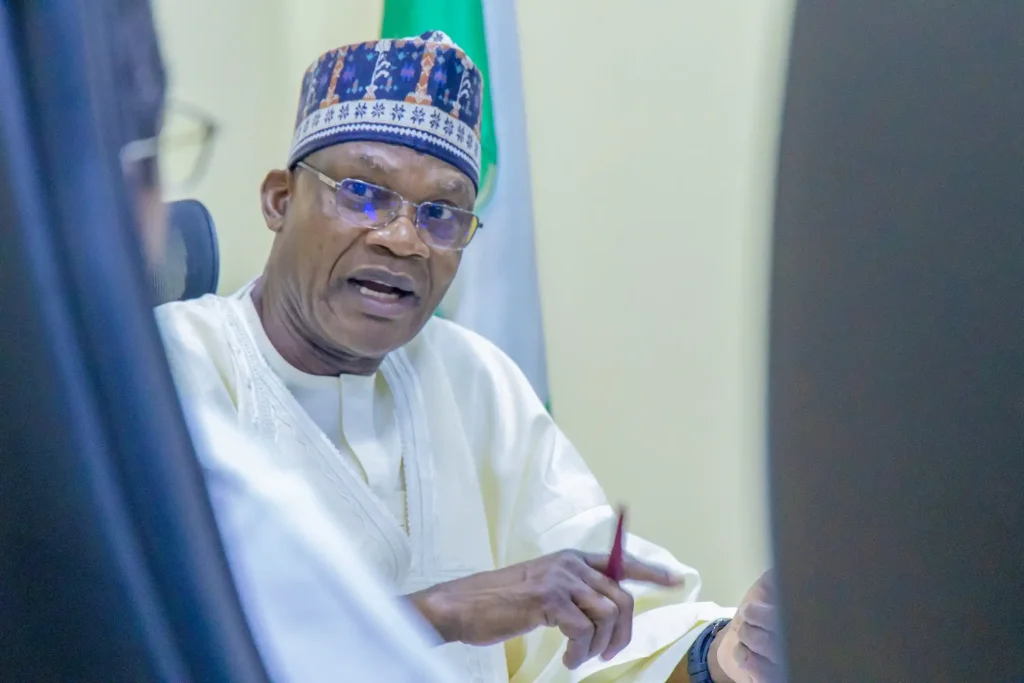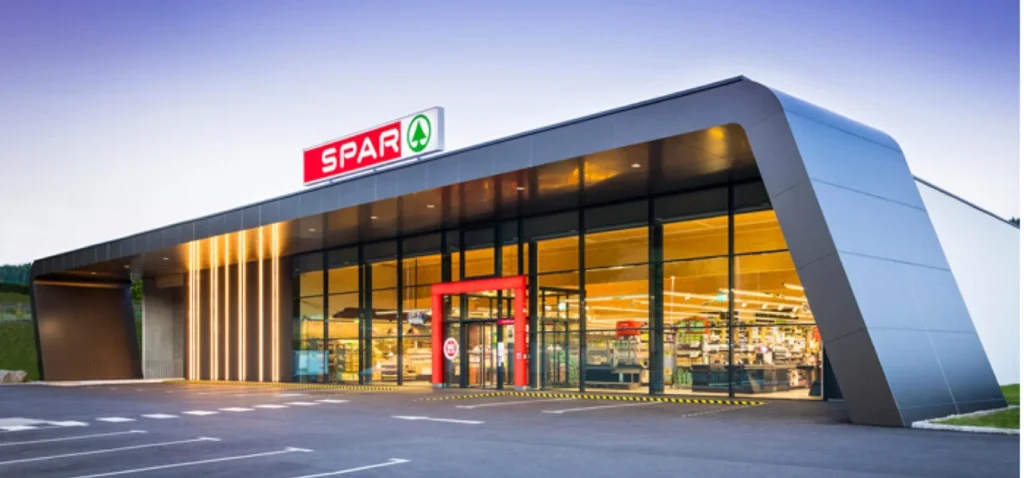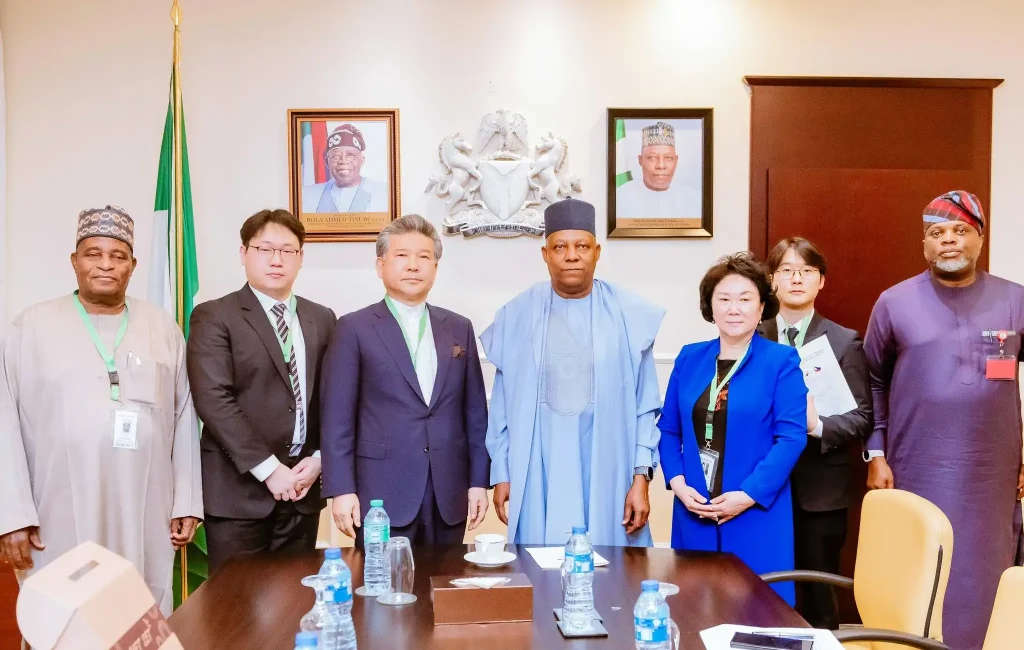There is growing apprehension among Nigerians and the business community following Sanofi-Aventis Nigeria Ltd’s announcement to exit the country by the first quarter of 2024. The French pharmaceutical giant, known for manufacturing polio vaccines in Nigeria, recently informed its customers that it would adopt a third-party distribution model, thereby commercializing its drugs in Nigeria through indirect means.
Sanofi, in a letter to its customers, reiterated its commitment to improving access to medicines and better serving Nigerian patients. “This transformation is rooted in our commitment to providing more value to patients,” the company said. However, many experts believe this is another major blow to Nigeria’s economy, as Sanofi’s planned exit follows the pattern of other multinationals like GlaxoSmithKline (GSK), which left due to Nigeria’s challenging business environment.
A Growing Trend of Multinational Exits
Sanofi’s move follows the exit of GSK, which ceased the commercialization of its prescription medicines and vaccines in Nigeria after 51 years of operation. GSK’s departure, like many others, has been attributed to hostile government policies, forex scarcity, multiple taxation, inflation, and the high cost of doing business.
In recent years, numerous companies have left Nigeria, including Tower Aluminium, Evans Medicals, Technoflex Company Limited, and Mayor Biscuits Company, among others. This trend, experts warn, may continue, leading to further economic instability if decisive measures are not taken.
Challenges in Nigeria’s Business Environment
The exodus of multinational companies from Nigeria is raising questions about the nation’s suitability for business. According to financial expert and public affairs analyst, Mr. Adebiyi Adesuyi, Nigeria’s business environment presents significant disincentives for entrepreneurship and investment. He pointed out that while the Nigerian government has ambitious economic growth targets, the prevailing conditions make the country unattractive for investors.
Using the PESTLE (Political, Economic, Social, Technology, Legal, Environment) analysis, Adesuyi argued that Nigeria faces severe challenges in several critical areas. He highlighted Nigeria’s toxic political environment, struggling economy, social fragmentation, and cumbersome legal system as key obstacles to business growth. Although the nation performs reasonably well in technology and environmental aspects, the failures in other areas are enough to deter even the most determined investors.
Inflation, Forex Scarcity, and Business Decline
The recent Purchasing Managers Index (PMI) report further underscores the declining state of business activity in Nigeria. The headline index dropped to 48.0 in November 2023, marking the fourth decline in business activity this year. The report identified inflationary pressures and a reduction in new orders as key factors affecting business performance. With customers becoming more reluctant to pay higher charges, businesses are finding it difficult to sustain operations.
The Manufacturers Association of Nigeria (MAN) has voiced its concerns over the nation’s challenging business environment. The association attributed the increasing de-industrialization to government policies that stifle growth rather than promote it. Issues like multiple taxation, forex scarcity, and energy inefficiency are central to the challenges manufacturers face.
The Path Forward: What Needs to Be Done
To reverse the trend of divestment and encourage businesses to thrive, experts and industry leaders have called for significant reforms. MAN President, Chief Francis Meshioye, urged the Nigerian government to address issues such as energy inadequacy, multiple taxation, and the rising cost of doing business. He emphasized the need for a new industrial policy that would foster growth and development in the manufacturing sector.
Financial experts like Adebiyi Adesuyi also advocate for urgent reforms in economic policy. He stressed the importance of stabilizing the naira, reducing inflation, and creating a more predictable forex environment to help businesses plan and make long-term investments. Additionally, increasing Nigeria’s exports and boosting tourism could significantly improve forex inflows and strengthen the naira.
Adesuyi also highlighted the need for policies that make it easier for companies to repatriate earnings. The inability to do so has driven several businesses, including airlines, to leave Nigeria. By improving access to foreign exchange and creating an investor-friendly environment, Nigeria can potentially reverse the outflow of businesses and create a more stable and prosperous economy.
Conclusion
The planned exit of Sanofi-Aventis, following similar moves by other multinational companies, signals a growing crisis in Nigeria’s business environment. With rising inflation, forex scarcity, and unfavorable government policies, many businesses are finding it difficult to operate. If these issues are not addressed, experts warn that more companies may follow suit, further weakening the economy. For Nigeria to retain and attract investments, significant reforms are necessary to improve the ease of doing business, stabilize the economy, and create a conducive environment for growth.












